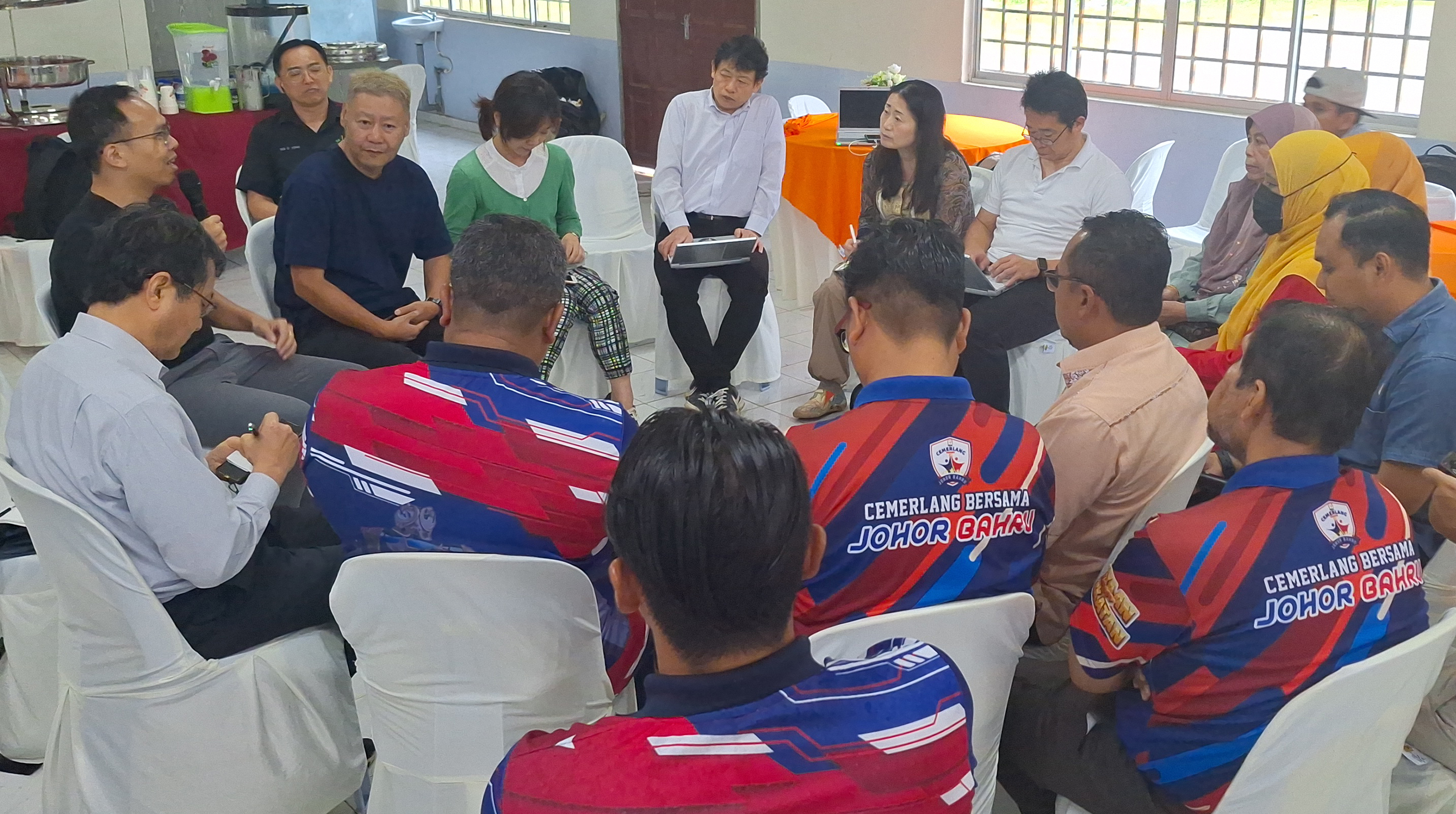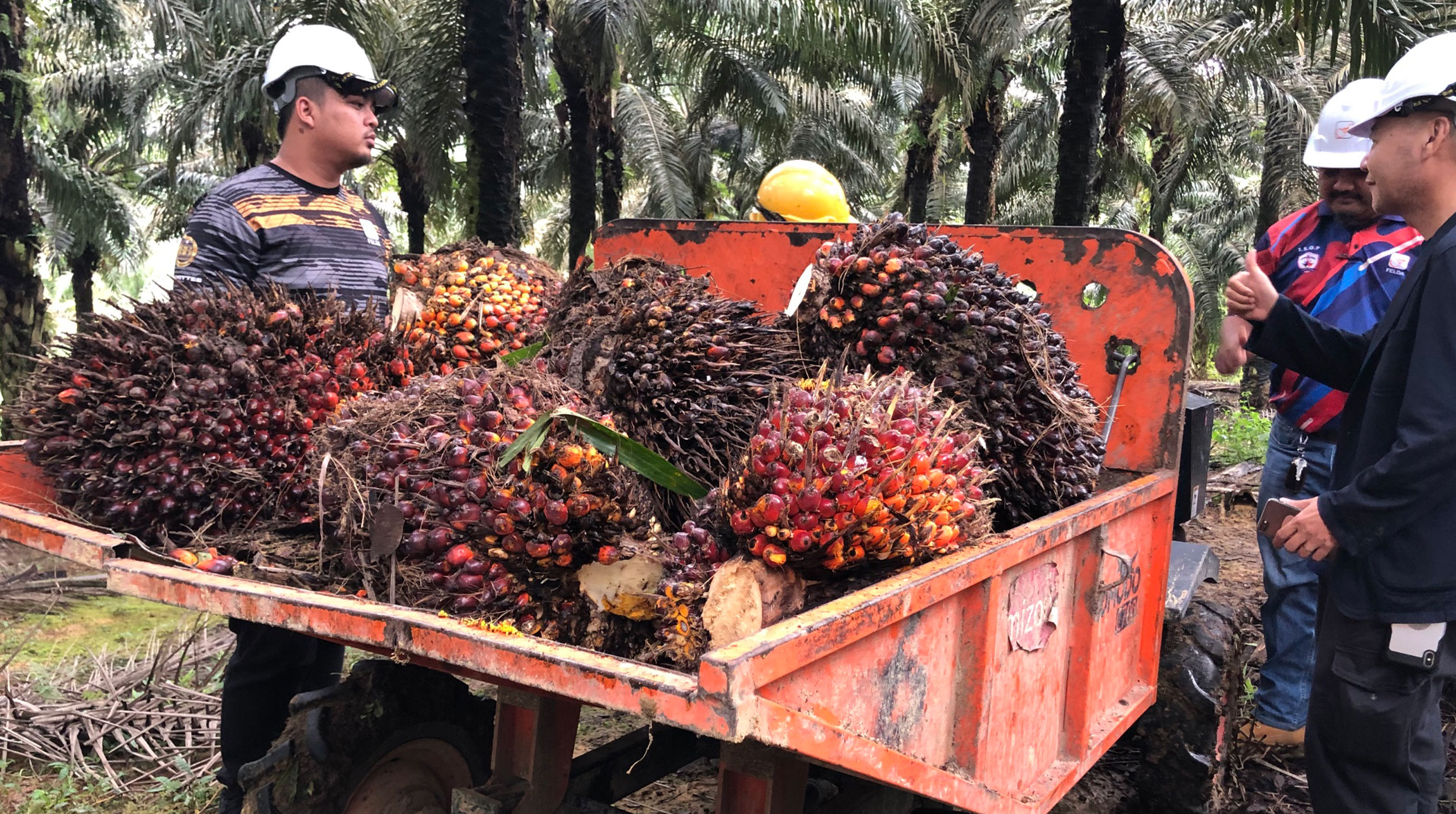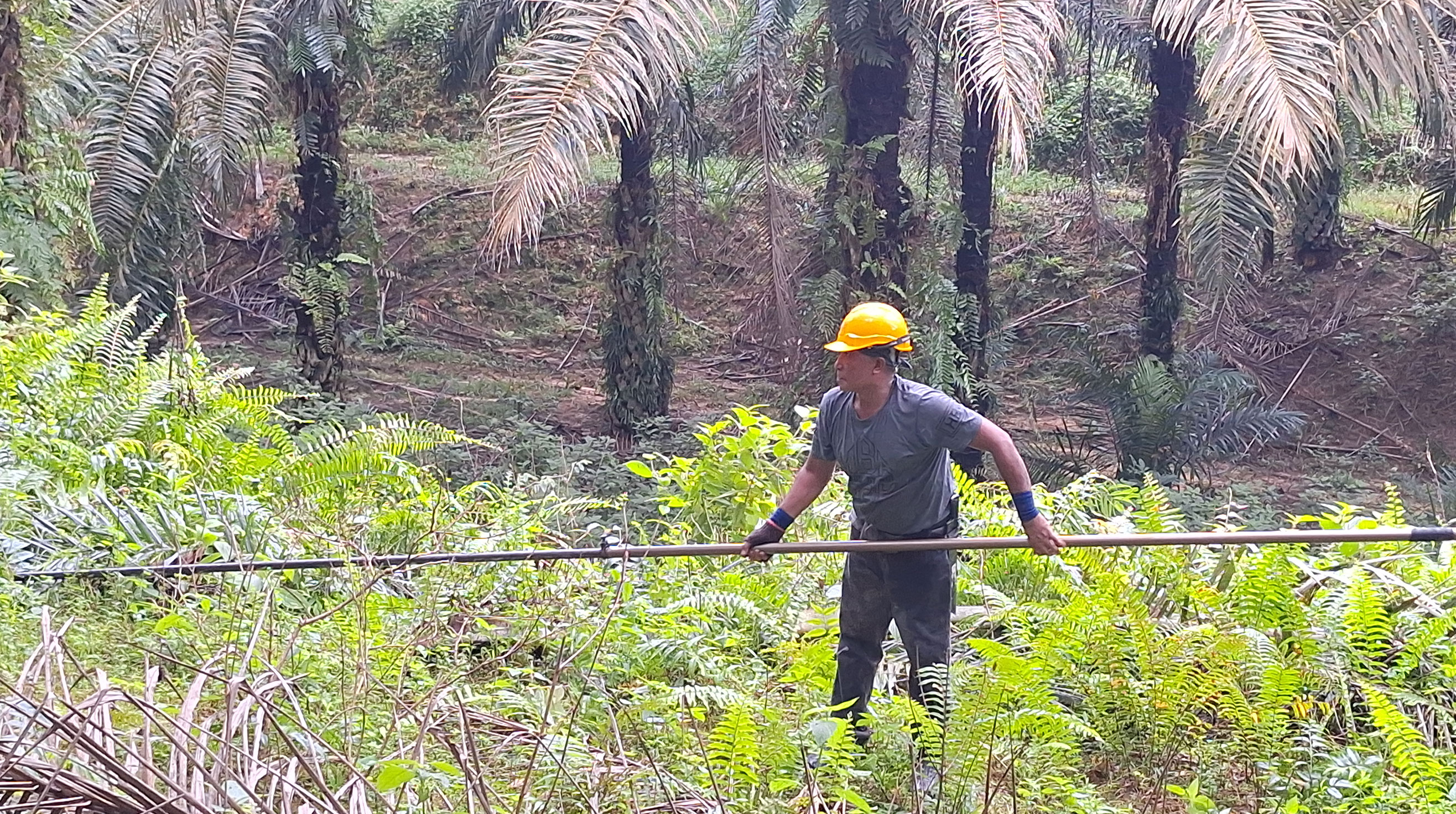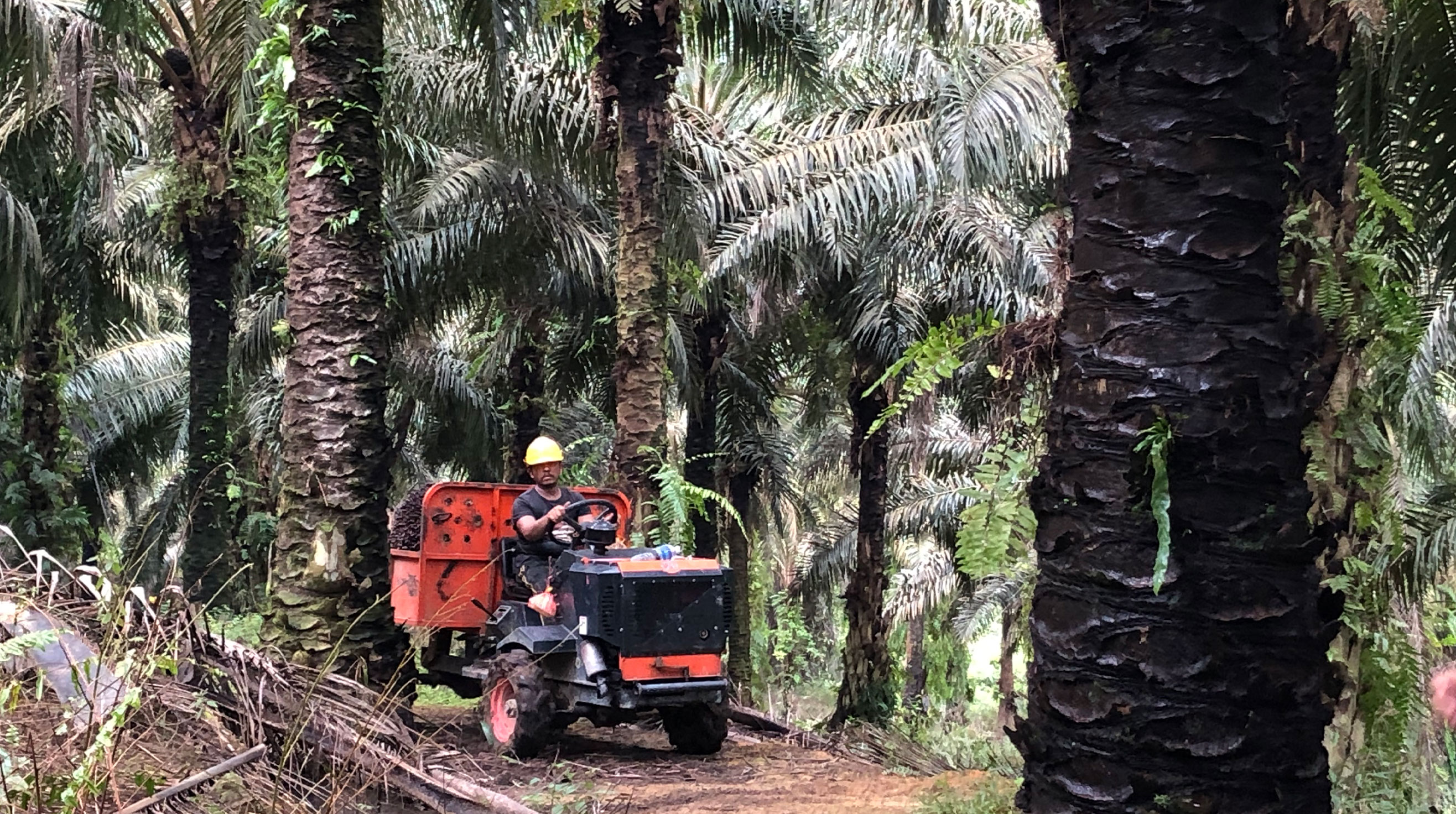Along with society
Human Rights Due Diligence in Palm Oil Procurement

The Ajinomoto Group conducts business in 34 countries and regions. Our overall business activities, from raw material procurement to manufacturing and sales, rely heavily on natural capital including agricultural, livestock, and fishery resources. To ensure sustainable raw material procurement, the Group cooperates with diverse stakeholders to reduce risks in a wide range of areas from climate change to biodiversity and human rights.
Risk of Human Rights Violations in the Supply Chain
The Ajinomoto Group uses palm oil as a raw material in various products ranging from foods to chemical products. Palm oil has long been associated with child labor, forced labor, and other human rights risks in the supply chain. A preliminary desktop survey in Malaysia, a major procurement country for the Group, found concerns for human rights violation risks, including risks in fair wages, occupational health and safety, and modern slavery. The supply chains of Group products also face risks in human rights violations. The Ajinomoto Group held dialogues with stakeholders in local supply chains in January 2024 and inspected human rights risks to prevent and correct such violations.

Dialogue With Diverse Supply Chain Stakeholders
The Ajinomoto Group considers dialogues to be a crucial part of its human rights due diligence. This approach stems from the Group belief that the dialogue methods stipulated by international standards are effective for sharing issues and making improvements to coexist and co-prosper as a good, reliable partner.
The Ajinomoto Group visited local stakeholders, conversing with a wide range of parties including palm tree plantation owners, foreign workers harvesting from such plantations, refineries, loading port and harbor-related companies, farmers' unions, the Malaysian Palm Oil Certification Council (MPOCC), the Malaysian Palm Oil Board, the Federal Land Development Authority, and other related parties. Dialogues indicated that the government and stakeholders in the palm oil industry in Malaysia are working together to create a system to improve the soundness of the palm oil supply chain.




Continuing Proactive Dialogue With Stakeholders Based on International Standards
At the time of this survey, no cases of serious risk of human rights violations were identified at the sites visited. The Group also did not confirm any malfunctions in certification systems, including the Roundtable on Sustainable Palm Oil (RSPO), which is the Group standard for palm oil procurement, and the Malaysian Sustainable Palm Oil (MSPO), a system promoted by the Malaysian government on a national scale.
The Global Alliance for Sustainable Supply Chain (ASSC) prepared a report in March 2024 on the confirmation and inspection of human rights risks. More information on this report is disclosed on the Company website below.
The Ajinomoto Group is committed to making every effort to engage in dialogue with local suppliers to reduce the risk of human rights violations in accordance with international standards and build a better supply chain.


Palm tree harvesting
